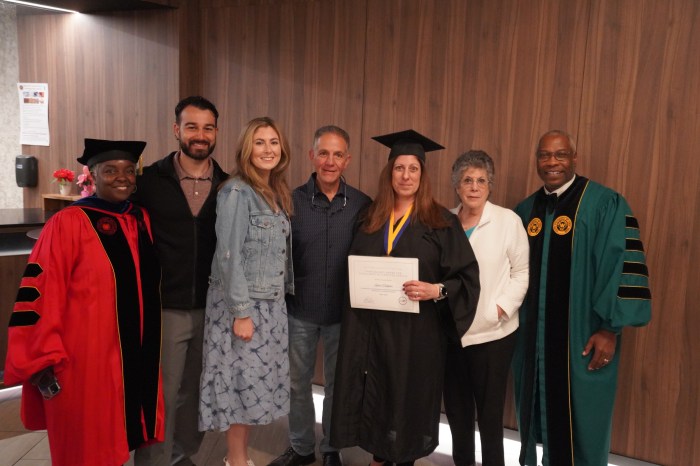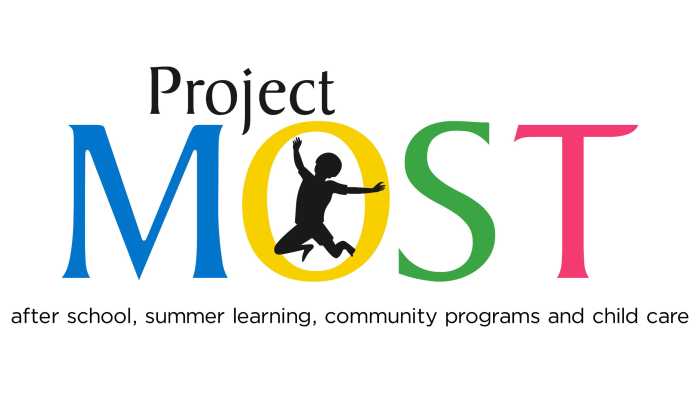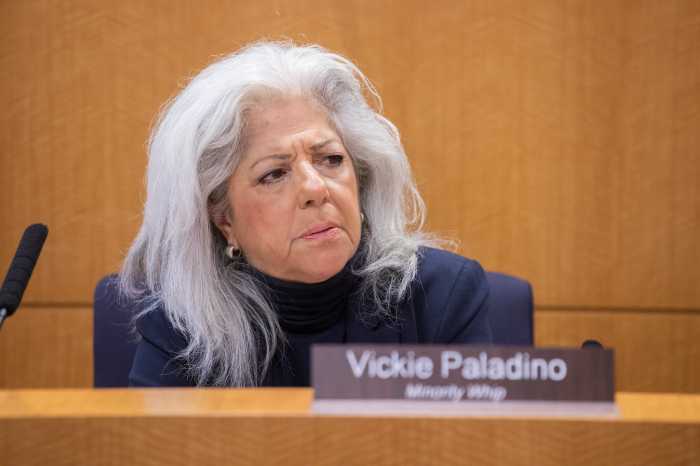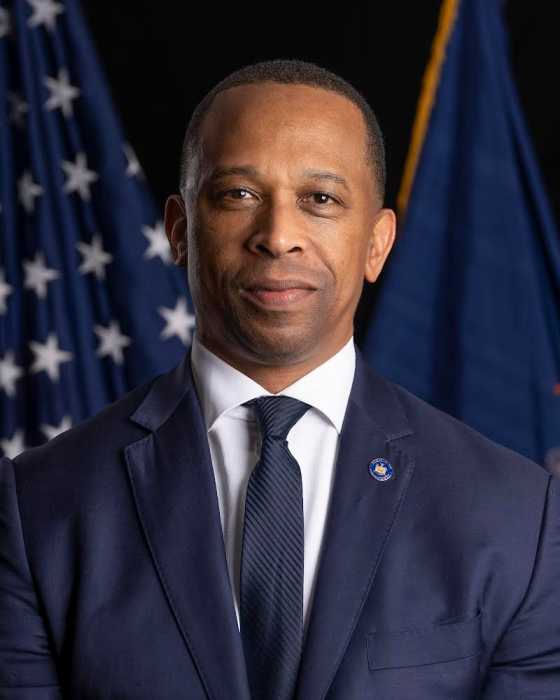Should the Plainview-Old Bethpage School District keep MAP (Middle School Advisory Program), a short program held at the middle schools designed to help students develop positive character traits at a critical time in their development and create a community environment? That was one of the many questions board of education members discussed at the Monday, May 23 board of education meeting. In addition to a MAP report, the board also heard reports, and held discussions on several other topics at the three-hours-plus meeting.
Before delving into the reports, the board awarded tenure to several teachers and administrators: Dolores Binstock (Pupil Personnel Assistant Director Grades 5-8), Maria Carnesi (Social Studies Chairman), Sammy Gergis (Assistant Business Administrator), Catherine Maiman (Pupil Personnel Assistant Director Pre-K through Grade 4), Beth Torreano (Assistant Principal of Mattlin Middle School), and Jeffrey Yagaloff (English Chairman).
In addition, Superintendent Gerard Dempsey stated that the district will soon be administering a school climate survey, something that has been discussed on and off at board meetings throughout this academic year. Staff, students and parents will begin taking the online survey on Tuesday, May 31.
In the first report, Assistant Superintendent for Curriculum Jill Gierasch presented the upcoming changes to the Elementary School report cards, which were made with the aid of a committee. Instead of quarters, the cards will be given out once per trimester, while all three sets of grades will count (as opposed to the two quarter report cards out of four that currently count). To bring the grading in line with other measures that use a comparable scale, students will be graded on a 1-4 scale; only whole numbers will be used, but teachers can use asterisks to indicate specific areas where children have particular strengths or weaknesses.
The issues raised by the report card changes also led to a discussion of parent-teacher conferences, with Gierasch noting that some parents needed more time to discuss student performance with teachers. In order to provide more time, Gierasch, with the backing of the committee, suggested holding another half-day of school so that an additional session of parent-teacher conferences could be provided.
While some approved of this idea, members of the board (and members of the community during public participation later, including Cheryl Dender of the PTA Council) commented that holding two half-days in the same week could create difficulties for working parents. Furthermore, Morty Rosenfeld, president of the Plainview Council of Teachers, noted that this was a topic that needed to be addressed in a collective bargaining context, as teachers’ working hours were involved.
Moving onto the MAP issue, the MAP committee recommended that the board change the language of the program’s goals in order to make it clear that the class did not include homework and organizational skills, but was more about creating positive experiences for students. Other recommended changes included changing the time of the program to be before the school day at Mattlin (it is currently held between periods one and two at both schools), and fostering a stronger school/home connection, including possibly opening up a dialogue between parents and their students’ MAP teachers.
While several board members stated they supported the idea behind MAP, and it was not too late to improve the program in order to achieve more consistent student experiences, Emily Schulman was skeptical, stating that she was concerned about the cost-benefit breakdown of the program when teachers were already pressed for time. The program has been in effect for six years, and members of the committee acknowledged that results have been mixed.
However, several trustees seemed to agree that the program dovetailed well with the district’s school climate goals, and making an effort to strengthen the program made sense with the efforts the district is already making to create a better student environment. The MAP committee will consider the feedback they received from the school board at their next meeting.
Next, Assistant Superintendent for Personnel Arthur Jonas gave a brief staffing presentation. Jonas recommended the addition of an additional special education position, as well as an additional teacher for the advertising and design course; with all the additions and reductions taken together, Jonas said the overall impact would be a .9 addition.
The last major item on the agenda was a discussion of the subject of lifting the ban on overnight field trips that has been in effect for several years in order to keep costs down. The particular topic was instituting a new college visitation trip, which has garnered rave reviews from teachers and students in the Oyster Bay school district, however, the board noted they were using this opportunity to discuss the possibility of reinstating trips in general. Dempsey clarified, however, that reinstating the lengthier, overseas trips was not being considered–only the relatively nearby, East Coast area trips.
“I could not ask you to think about just taking away the hiatus for all trips, because you have no budget for that,” said Dempsey to the board.
The proposed trip would entail sophomores visiting popular colleges like University of Maryland, Georgetown, Duke, and the University of Virginia over a several-day period, and most members of the board seemed to feel that it was a good value for students and that it would help academically motivate some students for whom the college experience might still seem abstract.
The trip would cost approximately $600 per student, and if the district were to organize it as Oyster Bay has, that fee would be paid entirely by students and their families. Trustee Evy Rothman pointed out that the district would have to pay for the cost of substitute teachers to replace faculty members acting as chaperones on the trip, but Gierasch responded that students families’ could potentially pay those costs as well, depending on how the district chose to organize funding. There was talk of using student fundraising to cover the costs of the trip, but board members agreed that fundraising results could not be counted on as a given when it comes to calculating costs.
Since other academically-motivated field trips, such as a trip to the Supreme Court, have been requested for some time, board members agreed that they would have to create some kind of template for trips, so that the board could approve the most educational and cost-effective trips.
During public participation, several parents noted their concerns about class sizes for the incoming second graders at Pasadena Elementary School, and requested that another class be added. Administrators responded that since enrollment numbers could change right before school starts, it won’t be certain how many classes there will be until the beginning of the year, but they will be assessing class sizes and making recommendations later on, which could include creating another class in that grade.
Stefanie Nelkens stated her concern that an optional assignment contains an outline that features material her child did not learn in school. Board President Gary Bettan responded that the issue was something to be taken up with the child’s teacher. However, Nelkens requested more information about the outline, including how many students had been assigned it, but the board did not appear to have anything further to offer on the subject.
On an unrelated note, board members and administrators alike encouraged members of the community to attend the Plainview-Old Bethpage Memorial Day Parade on Monday, May 30, as many students from the district will be marching along with many other members of the community.
The next board of education meeting will take place on Monday, June 6.

































